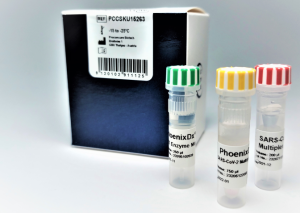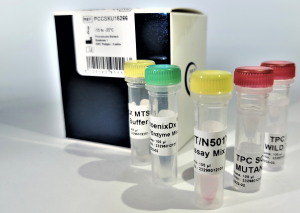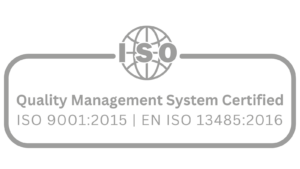SARS-CoV-2
-
Multiplex Detection - IVD certified &
FDA approved - RNA Isolation - Reagents & Devices
- Consumables & Laboratory Equipment
DNA Technology
Bulk & OEM
- enzymes (polymerases, reverse transcriptases...)
- antibodies (VHH, HotStart...)
- PCR Mastermixes








